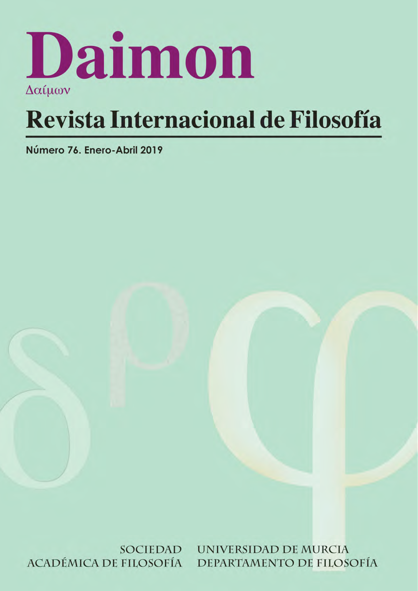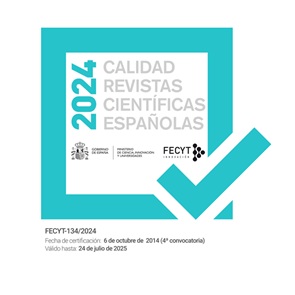Odious Debts and International Fair Trade
Resumen
I argue that one of the most important reasons why international trade has been unfair is that weaker parties in trading negotiations have been illegitimately forced to accept terms of trade that they would not otherwise accept under normal circumstances, and these terms of trade have been harmful for them. Odious debts are at the center of this kind of injustice. Odious debts are debts that are not binding for the citizens of a country, as they were incurred by illegitimate rulers in the name of all the citizens, but used for private purposes, such as personal benefit, or to oppress the population. Despite the fact that these debts are not binding—that is, that they should not be repaid—creditor countries have coerced debtor countries to repay them and, more importantly for the purposes of this article, they have taken advantage of the fact that countries are burdened with these debts by tailoring trade agreements in their favor. They have done so by telling debtor countries that, unless they trade under terms that creditor countries want; non-binding (i.e. odious) debts will be enforced. The resulting state of affairs is not simply a convenient one for creditor countries and an inconvenient one for debtor countries. It is also an immoral one.
Descargas
-
Resumen814
-
pdf 364
Citas
Aaron James, ‘Global Economic Fairness: Internal Principles’, in C. Carmody, F.J. Garcia, and J. Linarelli (eds.), Global Justice and International Economic Law: Opportunities and Prospects (Cambridge: Cambridge University Press, 2011); Aaron James, Fairness in Practice: a Social Contract for a Global Economy (Oxford: Oxford University Press, 2012); ; Aaron James, ‘Distributive Justice without Sovereign Rule: The Case of Trade’, Social Theory and Practice 31 (2005); Matthias Risse, ‘Fairness in trade I: obligations from trading and the Pauper-Labor Argument’, Politics, Philosophy and Economics 6 (2007), pp. 355-77; Mathias Risse, ‘Fairness in Trade II: Export Subsidies and the Fair Trade Movement’, Philosophy, Politics and Economics 7 (2008): pp. 16-17; Matthias Risse and Gabriel Wollner, ‘Three Images of Trade: on the place of trade in a theory of global justice’, Moral Philosophy and Politics 1 (2014), pp. 201-25; Matthias Risse, On Global Justice (Princeton, NJ: Princeton University Press, 2012); Darrel Moellendorf, “The World Trade Organization and Egalitarian Justice,” Metaphilosophy, 36:1, January 2005, 145-162.Reprinted in Christian Barry and Thomas W. Pogge, eds., Global Institutions and Responsibilities: Achieving Global Justice, Blackwell, 2005, 141-158; D, Miller, “Fair Trade: what does it mean and why does it matter?”. CSSJ Working Papers Series, SJ013, November 2010. http://social-justice.politics.ox.ac.uk/working_papers/materials/SJ013_Miller_Fairtrade.pdf
Las obras que se publican en esta revista están sujetas a los siguientes términos:
1. El Servicio de Publicaciones de la Universidad de Murcia (la editorial) conserva los derechos patrimoniales (copyright) de las obras publicadas, y favorece y permite la reutilización de las mismas bajo la licencia de uso indicada en el punto 2.
2. Las obras se publican en la edición electrónica de la revista bajo una licencia Creative Commons Reconocimiento-NoComercial-SinObraDerivada 3.0 España (texto legal). Se pueden copiar, usar, difundir, transmitir y exponer públicamente, siempre que: i) se cite la autoría y la fuente original de su publicación (revista, editorial y URL de la obra); ii) no se usen para fines comerciales; iii) si remezcla, transforma o crea a partir del material, no podrá distribuir el material modificado.
3. Condiciones de auto-archivo. Se permite y se anima a los autores a difundir electrónicamente las versiones pre-print (versión antes de ser evaluada) y/o post-print (versión evaluada y aceptada para su publicación) de sus obras antes de su publicación, ya que favorece su circulación y difusión más temprana y con ello un posible aumento en su citación y alcance entre la comunidad académica. Color RoMEO: verde.











